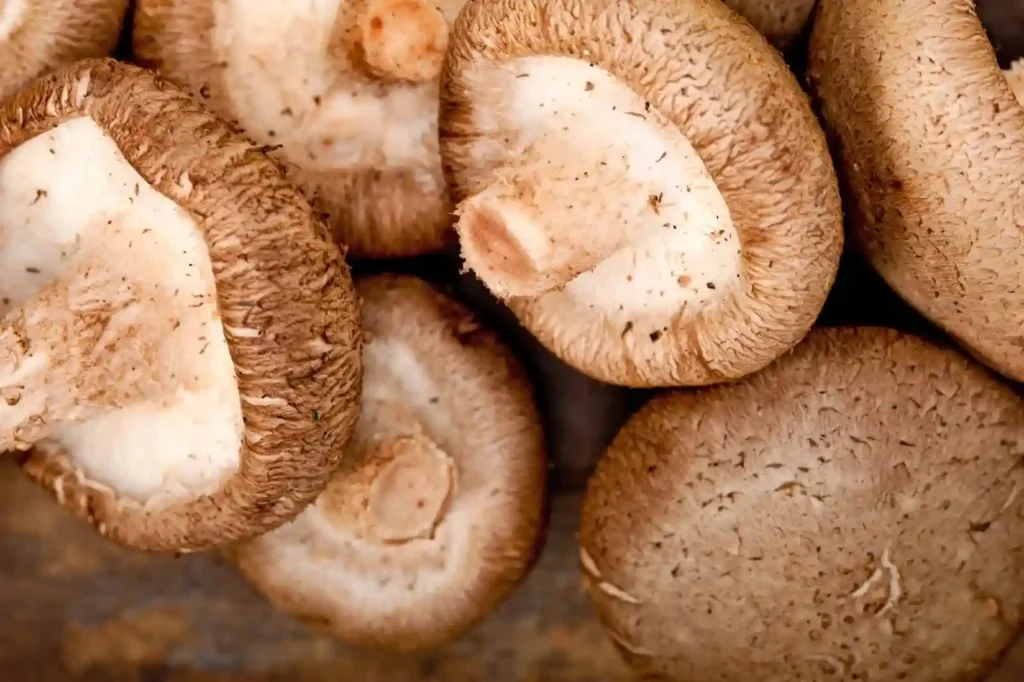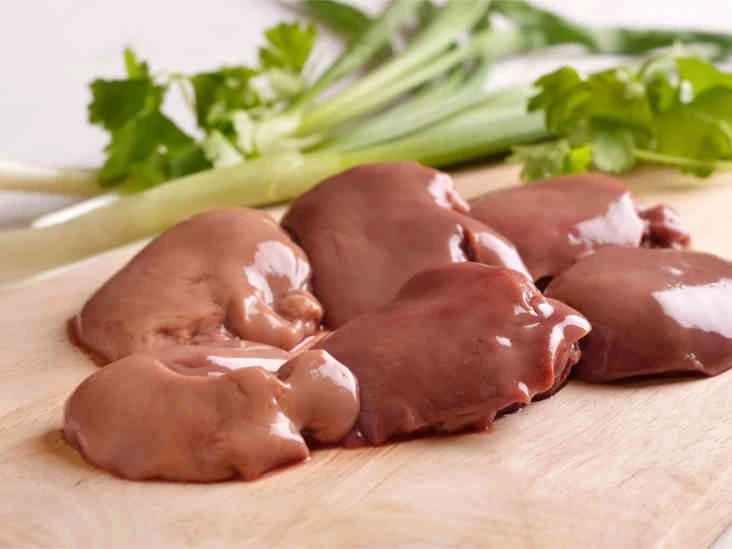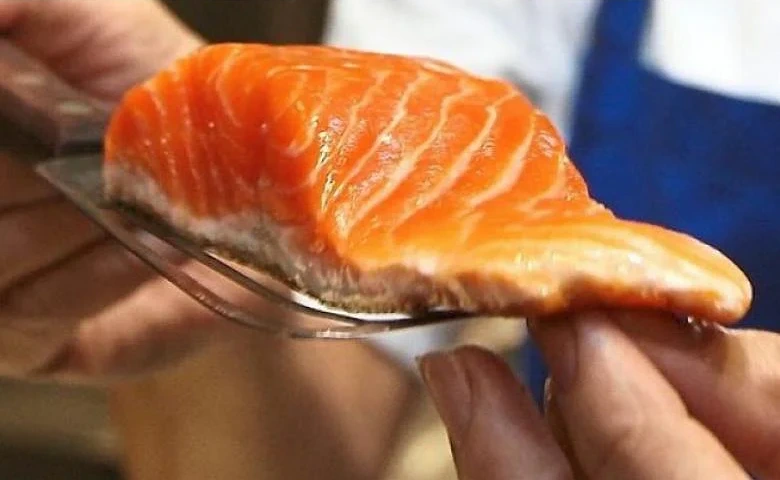Vitamin D is one of the most important components of our diet, but recent research has found that as many as one in five UK residents have been found deficient in it.
Vitamin D has several functions in the body that contribute to and benefit our physical and mental health. It is known for helping to regulate calcium (through its effects on absorption and reabsorption).
Studies have also found that vitamin D is an important consideration for athletes and exercisers and that vitamin supplementation can help improve resistance and cardiovascular performance as well as recovery.
While one in five UK residents may seem like a lot, what’s even more surprising is that more than half of all athletes appear to be vitamin D deficient, according to research.
OK, so how do we ensure we get enough vitamin D when we need it?
Let’s Take a Look at our List of Top 10 Vitamin D Foods
10. Spinach

Spinach is familiar to everyone. It is a vegetable that is often eaten in daily life. It contains very rich iron elements. It has a good effect on some people with iron deficiency anemia and is a natural blood supplement. The benefits of spinach are not limited to this.
It is also a vegetable with a high content of vitamin D in plant foods. However, the vitamin D in spinach is not easily absorbed by the body. You need to eat some animal fat to better promote it. Vitamin D absorption.
9. Milk

What foods contain more vitamin d? I recommend milk. Milk is a nutritious health food, rich in protein, fat, multivitamins and calcium, potassium, phosphorus, sodium, and other minerals, which can promote the development of bones, prevent osteoporosis, improve the body’s immunity, and help sleep. Regulate gastrointestinal function, etc.
Milk is also the most suitable food for fatty liver patients because milk is rich in calcium, hydroxyl, and methyl glutaric acid, which can inhibit the activity of cholesterol synthase in the human body, thereby reducing the absorption of cholesterol. Therefore, for fatty liver patients, drinking a glass of milk every day is of great benefit to the body.
8. Tofu

Tofu is a very common ingredient in daily life. It is economical, contains various trace elements necessary for the human body, and is also rich in high-quality protein. It is known as “vegetable meat“. As a food high in vitamin D, the vitamin D content of tofu ranks among the top ten foods rich in vitamin D.
It is very beneficial for women to eat some tofu properly, which can help them regulate endocrine and delay aging to a certain extent. In addition, it is low in fat and calories and has a strong sense of satiety, which helps control appetite and achieve a good weight loss effect.
7. Caviar

Which foods contain vitamin d? Then I have to mention caviar. Caviar is round and plump granules, black with grey or brown in color, the more advanced the caviar particles are, the fuller and rounder they are, the color is clear and transparent, even with a slightly golden luster, caviar is also called “black”. gold”.
Caviar is a pickled product of fish eggs, the output is scarce, and it contains a lot of trace elements, mineral salts, proteins, amino acids, and fatty acids. Eating caviar can improve eyesight and supplement vitamin D, thereby promoting the absorption of calcium. It also prevents hyperpigmentation and helps curb skin aging.
6. Cheese

Cheese is a very popular dairy product. It is not only very delicious but also very nutritious. It contains a lot of calcium and is easily absorbed by the body. Regular consumption of cheese can strengthen the bones of the human body.
Children and teenagers in the growth period and the elderly should eat more cheese. In addition, cheese contains a lot of vitamin D. It is a food high in vitamin D. You can add cheese to your usual diet to help you absorb calcium better.
5. Egg yolk

What foods contain vitamin d? People who don’t eat fish should know that seafood is not the only source of vitamin D. Eggs are another good source, especially egg yolks, which are one of the foods rich in vitamin D.
Eggs are rich in nutrients and are high-quality protein foods and high-vitamin foods. Most of the protein in an egg is white, while most of the fat, vitamins, and minerals are in the yolk. In fact, not only egg yolks, the yolks of various eggs contain vitamin D.
Eggs are also a great source of vitamin B12 and monounsaturated fat. This form of dietary fat is known as a “healthier” fat, and when it replaces unhealthy fats in the diet, it can support a healthier heart.
4. Mushroom

Do you have “mushrooms” on your plate for an extra serving of… mushrooms? When you find out that mushrooms (at least those exposed to direct sunlight) can provide as much as 10 micrograms of vitamin D per 50 grams, you might want to make some. Good news for those following a plant-based diet.
Mushrooms also contain some vegetable protein (in small amounts) and some fiber. They’re especially good food for those of you who like to eat more and help you feel fuller.
Mushrooms are also a source of phytochemicals, unique compounds found only in plants. In terms of what they can do for us, phytochemicals may help support our immune system and protect cells from damage. Another reason to include more plants in your diet.
3. Animal Liver

Generally speaking, many people like to eat animal liver, because it is very nutritious, and it is also rich in vitamin D, which can promote the absorption of calcium, supplement collagen substances, and regulate the body’s immune system. However, animal offal contains high levels of purine, so gout patients should refrain from eating animal offal, otherwise it will aggravate the condition.
2. Salmon and Trout

Chances are you’re familiar with salmon, but trout is another great option…maybe you don’t eat it often, but you should.
Both are great sources of vitamin D (you’ll get 14-17mcg per 100g) and are rich in high-quality protein.
Similar to cod liver oil, you can also expect plenty of omega-3s (salmon is an especially good source). These two fish are also rich in vitamin B12, a very important vitamin that supports the formation of DNA, healthy red blood cells, and key components of our central nervous system.
Salmon is also high in omega-3 and vitamin D.
1. Cod Liver Oil

Cod liver oil is one of the foods that many people prefer to supplement vitamin D, especially when infants and young children supplement calcium, they usually choose to eat cod liver oil. This is because the main components of cod liver oil are vitamin D and vitamin A.
One tablespoon of cod liver oil provides a whopping 35 micrograms (micrograms) of the nutrient, which is incredible considering the current Recommended Daily Allowance (RDA) is just 10 micrograms.
Cod liver oil is also rich in omegas, which are believed to support the health of our brains and hearts.

.png)


.png)


